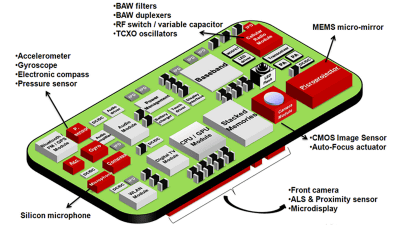'AI will liberate mankind from labor', but it is also accompanied by great destruction, a heavyweight in Silicon Valley predicts

by
Mr. Binod Khosla , a venture capitalist and co-founder of the former major IT company Sun Microsystems, discusses the prospects and technology of AI in Western countries and China from the perspective of an experienced Silicon Valley industrialist. We talked about conflicts, etc.
Vinod Khosla on how AI will 'free humanity from the need to work' |
https://www.semafor.com/article/03/29/2023/vinod-khosla-on-how-ai-will-free-humanity-from-the-need-to-work
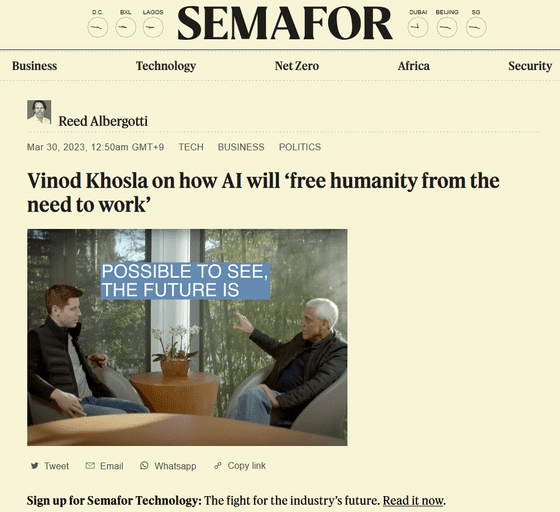
◆: Question by interviewer (hereafter, Q)
From the perspective of OpenAI's first venture investor, Vinod Khosla, how has CEO Sam Altman changed and grown with the investment?
◆: Binod Khosla's answer (below, A)
Sam has a lesser known side. He's working on AI, but he's also working on nuclear fusion at a company called Helion. I work for Commonwealth Fusion, a Helion competitor, and I agree. In other words, 'AI is really important to the world, and nuclear fusion is also really important.'
What the two businesses have in common is that they work on important problems that hopefully make the world a better place. In some ways the probability of success is of little importance. The point is, if you succeed, you can change the world, make big money, and get big, socially-changing benefits. That's Sam's concern, and mine.
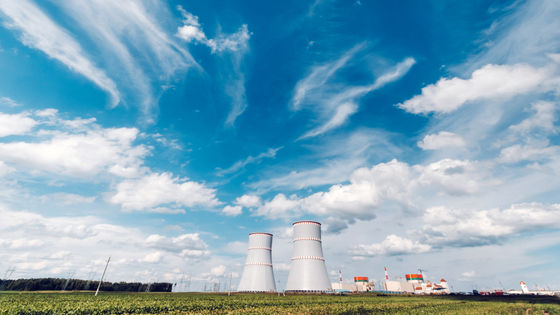
◆ Q:
OpenAI was once a non-profit organization. Some people like Elon Musk have criticized the commercialization of OpenAI. What do you think of it?
◆A:
Sam focused on OpenAI's mission and what AI can do for humanity. But AI research was obviously expensive and required a lot of funding. Big companies like Google can afford it, and so can the Chinese.
◆ Q:
So, did you see this as a geopolitical issue?
◆A:
I always think it's a big geopolitical issue. In a quarter of a century, AI will be able to do 80% of all jobs. This transformation is a chance for humanity to be freed from the need to work. If that happens, people will be able to work on the jobs they want when they want to work. This is the utopian vision. But the road to this utopia is truly destructive, and it's tragic to be on the side of being destroyed. So we need to sympathize with the destroyed side. And this transition is very arduous. It hurts people, it hurts lives, it destroys lives.
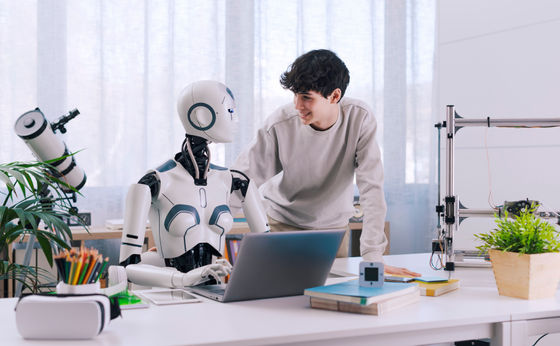
◆ Q:
What would the world look like if China took the lead in AI?
◆A:
The Chinese Communist Party promises to dominate AI in its latest five-year plan. Whether or not Western values win in this technological race, and in turn, in the economic race, will determine the political ideology that will rule the earth in the future.
This is a bigger bet than war or cyberwarfare, and I am concerned about it. As with AI and nuclear fusion, we want to be sensitive to the fact that these technologies will determine whether Western values or Chinese values will thrive in the world in 2050. think. The West and China have very different political philosophies. I don't mean to criticize Chinese philosophy. I just don't want them to win.
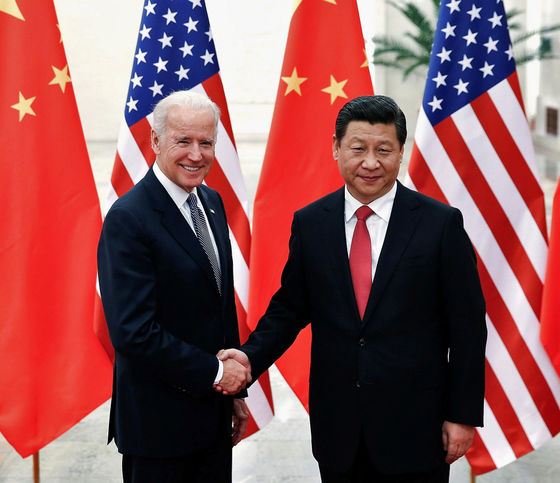
by Lee Jilin
◆ Q:
That in itself is a criticism. Now, you often talk about the need for basic research. In general, it is the government's role to lead basic research, but what role does venture capital play for governments in this race?
◆A:
Basic research is certainly important. Germany has the best research, and Cambridge in the UK is also good at research. There is also excellent research in Japan. However, it is not as successful as the United States in commercializing it and connecting it to social impact.
Pat Brown, founder of Impossible Foods, rode his bike from Stanford University to our office and said, 'I want to change animal farming on this planet.' So we started working with him to make all of the technology we call plant-based proteins today. This is the traditional role of the venture community.
Related Posts:
in Software, Posted by log1l_ks
